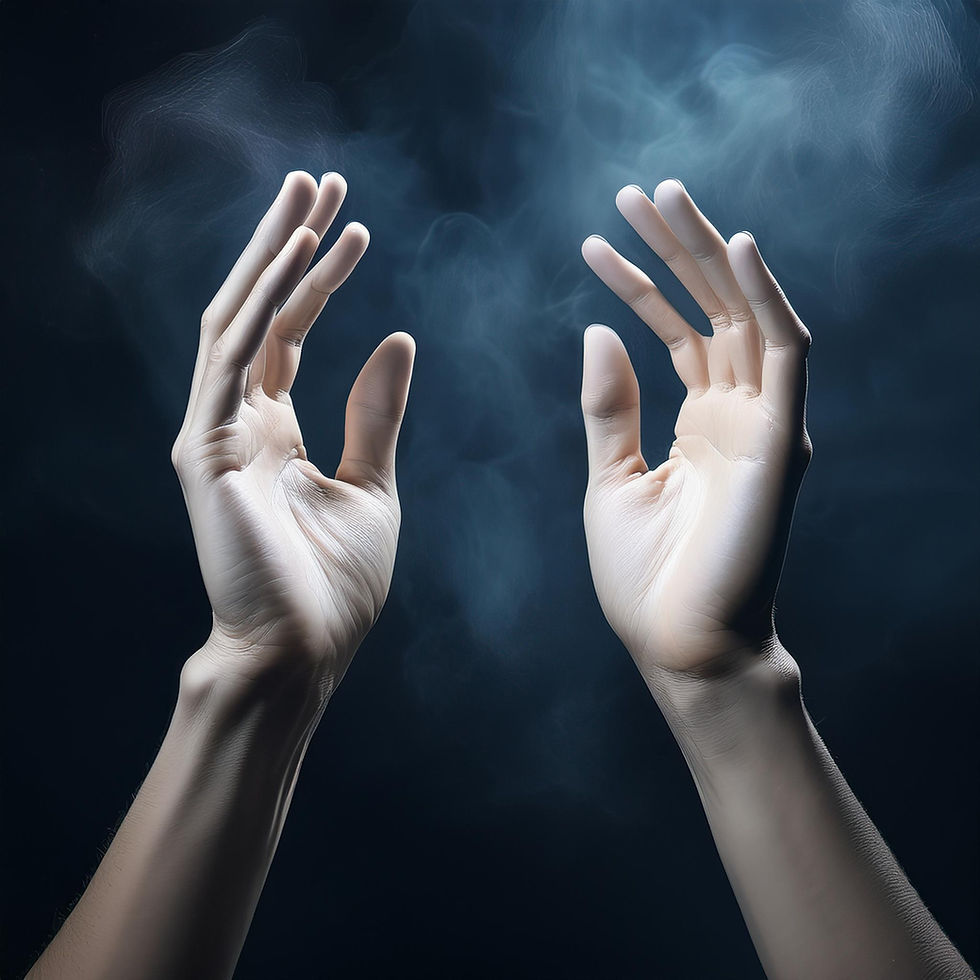
Hand, finger, and forearm injuries such as tendonitis are common and frustrating issues for pianists. Typically attributed to the repetitive stress of playing, traditional treatments focus on physical rehabilitation, rest, and sometimes surgery. However, a growing body of knowledge suggests that chronic pain may have deeper psychological roots, which affect the body in profound ways. By considering the mind-body connection and incorporating insights from Traditional Chinese Medicine (TCM), we can better understand how emotions contribute to tendonitis and other physical conditions in musicians.
Chronic pain often stems not just from overuse but from emotional tension. The mind, in an attempt to shield us from confronting difficult emotions, can manifest pain in the body. This holds especially true for musicians, who are frequently under high levels of emotional stress due to performance pressure, perfectionism, and fear of injury. For pianists, the physical strain of playing can become conjoined with repressed emotions, resulting in pain in the hands, fingers, or forearms.
In TCM, the relationship between emotions and physical health is well established. The body and mind are seen as interconnected, and imbalances in one area can manifest as illness or discomfort in another. TCM identifies seven core emotions—joy, anger, sadness, fear, worry, grief, and shock—which, when experienced in excess or left unprocessed, can disrupt the flow of vital energy (Qi) in the body, leading to physical ailments. Each emotion is linked to specific organs and areas of the body, which directly impacts the health of the playing apparatus for musicians.
For instance, anger is associated with the liver in TCM, responsible for the smooth flow of Qi throughout the body. When anger is suppressed or unacknowledged, it can result in stagnation of Qi, particularly affecting the tendons and muscles—areas critical for pianists. This can manifest as tightness, discomfort, or inflammation in the hands and forearms. Similarly, worry is linked to the spleen and can cause muscle tension, making it harder for a pianist's hands and fingers to move freely. Fear, associated with the kidneys, can lead to weakness and a lack of coordination in the limbs, which may impair performance.
By acknowledging the impact of these emotions, we begin to see how tendonitis in pianists is not just a physical issue but also a reflection of emotional health. Musicians are often susceptible individuals, and the intense emotions they experience—whether related to performance anxiety, perfectionism, or fear of failure—can accumulate over time, disrupting the body's natural energy flow. These disruptions can eventually lead to physical pain and dysfunction in the hands, fingers, and forearms.
Awareness of these emotional triggers is crucial to healing. Pianists who recognize the mind-body connection can start understanding how their emotional state might contribute to their tendonitis. They can explore whether their pain is connected to unprocessed anger, worry, or fear—emotions they might not have consciously linked to their physical symptoms. In doing so, they open up new avenues for recovery.
The principles of TCM emphasize balance, both emotionally and physically. Techniques such as Qigong, acupuncture, and herbal remedies aim to restore the smooth flow of Qi and address the emotional imbalances that may be causing physical pain. For a pianist suffering from tendonitis, incorporating TCM practices can complement traditional physical treatments, offering a more holistic approach to healing.
Moreover, understanding the emotional roots of pain allows pianists to go beyond symptom management. By addressing their condition's emotional and physical aspects, musicians can experience more profound and lasting relief. This process may involve emotional introspection, recognizing sources of anger, worry, or fear, and allowing those feelings to surface rather than letting them manifest as physical discomfort.
In conclusion, tendonitis and other injuries in pianists are not simply mechanical issues arising from overuse. They are often deeply connected to emotional tension, which, when left unresolved, can disrupt the body's energy flow and lead to chronic pain. By incorporating modern mind-body principles and the insights of Traditional Chinese Medicine, musicians can approach their condition from a more integrated perspective. This holistic understanding allows pianists to heal their hands, forearms, and emotional well-being, ensuring a more complete and lasting recovery.
Thank you, Walter for writing about this. I found this very insightful and interesting, having dealt with focal dystonia for many years.
Hopefully you will elaborate more on this. Thanks.